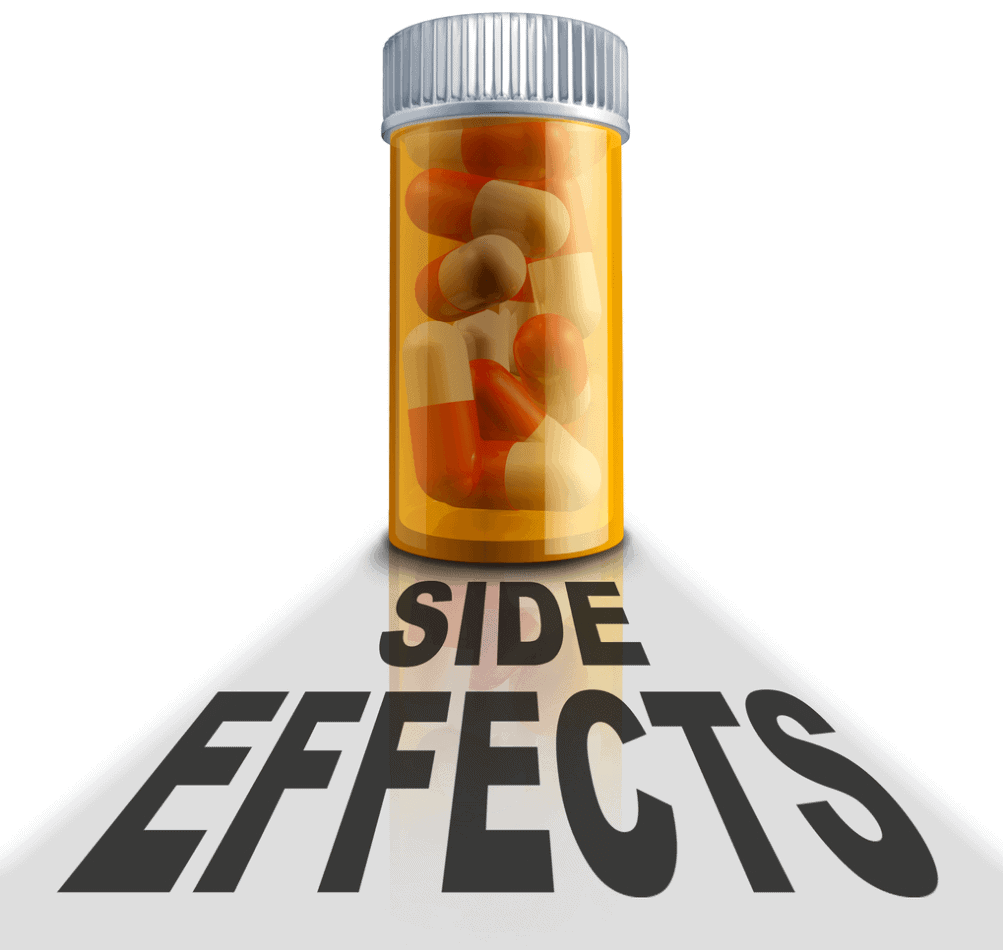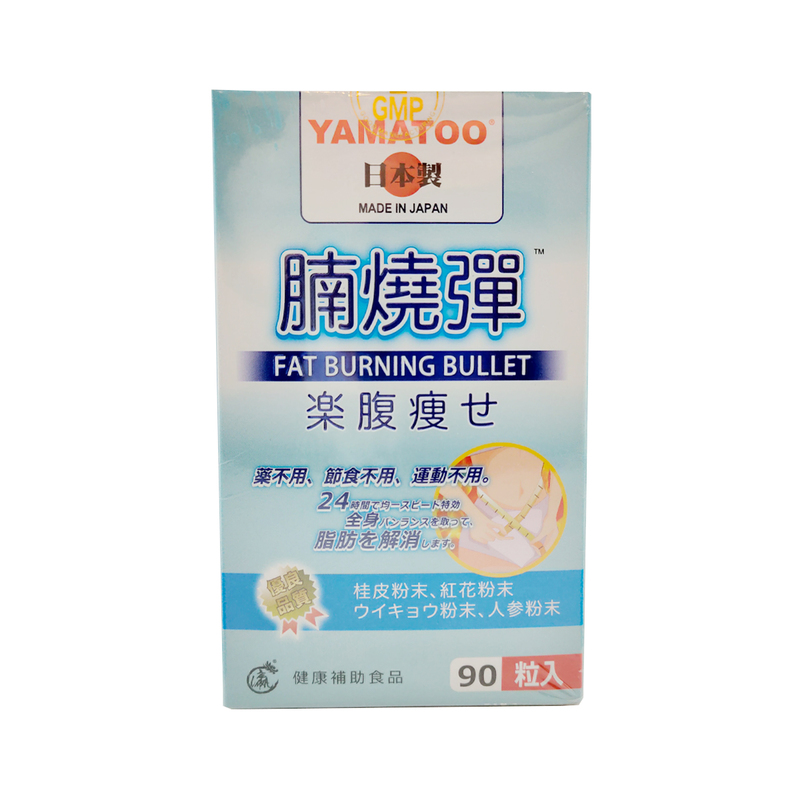Harilik sibul on eukarüootne organism. Sibulakannal mahlakate soomuste põues paiknevad pungad , millest saavad alguse tütarsibulad , mis moodustavad mitmest sibulast koosnevad "pesad".

Kuběna, Aleš Antonín; Houdek, Petr; Lindová, Jitka; Příplatová, Lenka; Flegr, Jaroslav Allowing players to punish their opponents in Public Goods Game sustains cooperation within a group and thus brings advantage to the cooperative individuals.
However, the possibility of punishment of the co-players can result in antisocial punishment, the punishment of those players who contribute the most in the group. To better understand why antisocial punishment exists, it must be determined who are the anti-social punishers and who are their primary targets.

For resolving these questions we increased the number of players in a group from usual four to twelve. Each group played six rounds of the standard Public Goods Game and six rounds of the Public Goods Game with punishment.

The antisocial punishment was present in all groups, and in eight out of ten groups the Justine Effect the positive correlation between the contribution to the public pool and the risk of suffering punishment in the subpopulation of altruistic players emerged.
In our sample, The results of our experimental game-study revealed the existence of the Justine effect--the positive correlation fat burning bullet yamatoo the contribution to the public pool by a subpopulation of the most altruistic players, and the amount of punishment these players obtained from free-riders.